
In BREAKWATER, EC plus FOLFIRI achieved a 64.4% response rate and showed a trend toward improved overall survival in patients with BRAF V600E mCRC.

In BREAKWATER, EC plus FOLFIRI achieved a 64.4% response rate and showed a trend toward improved overall survival in patients with BRAF V600E mCRC.

Updated VIKTORIA-1 data show gedatolisib plus Faslodex, with or without Ibrance, improves progression-free survival in PIK3CA wild-type advanced breast cancer.

Trodelvy elicited fewer side effects that led to dose reduction compared with chemotherapy in previously untreated triple-negative breast cancer.

Trodelvy led to fewer side effects that required dose reductions or stopping treatment vs chemo among previously untreated triple-negative breast cancer.

Ivonescimab plus chemotherapy significantly improved progression-free survival versus Tevimbra advanced squamous non–small cell lung cancer.
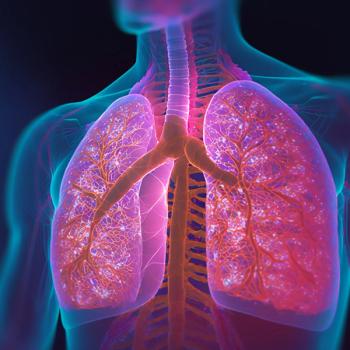
People with EGFR+ NSCLC whose disease spread outside the brain after treatment with Tagrisso lived longer when they kept taking Tagrisso along with chemo.
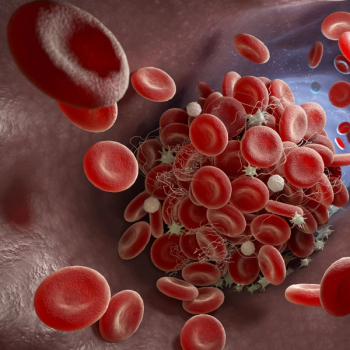
The dual-targeting CAR T-cell therapy KITE-363 showed positive response rates and manageable side effects in relapsed or refractory B-cell lymphoma.

Trodelvy plus Keytruda, when given in the frontline, extended survival without progression versus chemo plus Keytruda in PD-L1+ metastatic TNBC.
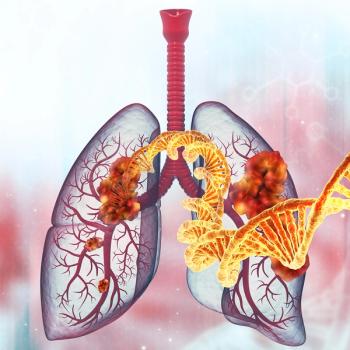
Among patients with ES-SCLC, first-line maintenance therapy with Zepzelca plus Tecentriq led to improvements in PFS and OS versus Tecentriq alone.

Nubeqa plus hormone therapy improved outcomes in metastatic prostate cancer, reducing disease progression and showing a favorable safety profile.

Padcev plus Keytruda was found to maintain benefit over chemotherapy in untreated locally advanced or metastatic urothelial cancer.

Among patients with muscle-invasive bladder cancer, adjuvant Opdivo showed a continued benefit in survival versus placebo.

In patients with residual disease after curative resection of colorectal cancer, Lonsurf showed a numerical improvement in DFS, though not significant.

Pelareorep plus chemotherapy with or without Tecentriq had an acceptable safety profile in patients with newly diagnosed metastatic pancreatic ductal adenocarcinoma.

The real-world effectiveness of Monjuvi for relapsed or refractory diffuse large B-cell lymphoma in the U.S. was demonstrated, according to data from a retrospective analysis.

Presurgical camrelizumab plus chemotherapy significantly improved responses versus chemotherapy alone in early or locally advanced TNBC.
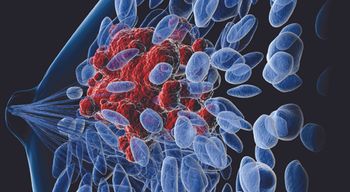
Patients with high-risk, HR-positive, HER2-negative breast cancer treated with HER3-DXd with or without Femara (letrozole) experienced fewer side effects than with chemotherapy.

Updated data from the phase 3 DREAMM-7 trial was presented during the 2024 ASH Annual Meeting and Exposition.

Keytruda continued to improve survival versus Yervoy in unresectable stage 3 or 4 melanoma in long-term follow-up data.

Patients with muscle-invasive bladder cancer who were treated with presurgical chemotherapy may have a 55% lower risk of death, research shows.

Patients with previously untreated, high-risk locally advanced cervical cancer experienced improved survival when treated with Keytruda plus chemoradiotherapy.

Patients with HER2-positive breast cancer benefitted from treatment with Enhertu regardless of brain metastasis.

Adcetris plus Revlimid/Rituxan significantly improved outcomes versus Revlimid/Rituxan alone in relapsed/refractory lymphoma.

Patients with unresectable stage 3 non-small cell lung cancer treated with Tecentriq before and following chemoradiation may derive a survival benefit.
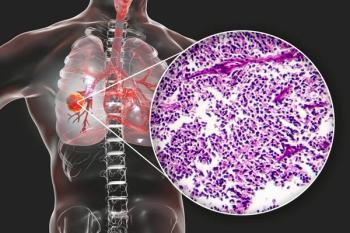
For the first time in decades, a new regimen — consolidation Imfinzi after chemoradiation — improved outcomes in patients with limited-stage small cell lung cancer.

The addition of Tecentriq to chemotherapy did not improve overall survival in patients with relapsed triple-negative breast cancer.

Frontline treatment with Keytruda and Cabometyx produced responses with a manageable safety profile in patients with cisplatin-ineligible urothelial carcinoma, a type of bladder cancer.

Imfinzi plus chemotherapy, when given before surgery, improved pathologic complete response rates, regardless of region, in certain patients with gastric or gastroesophageal junction cancers.

A recent phase 3 APTneo Michelangelo trial added Tecentriq to neoadjuvant Herceptin plus Perjeta and chemotherapy which did not lead to a statistically significant improvement in pathologic complete response in patients with HER2-positive operable breast cancer.
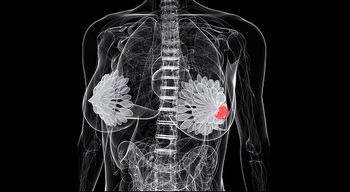
The combination of Keytruda to neoadjuvant chemotherapy, followed by Keytruda in combination with endocrine therapy improved pathologic response rates for patients with early-stage, high-risk, estrogen receptor (ER)–positive/HER2-negative breast cancer.

Published: June 5th 2021 | Updated:

Published: July 2nd 2021 | Updated:

Published: July 18th 2023 | Updated:

Published: October 1st 2024 | Updated:

Published: December 10th 2024 | Updated:

Published: January 20th 2024 | Updated: